The forensic sciences have experienced a quantum shift, with law enforcement now having to make sense of the clues left behind in the invisible fourth-dimension of information technology. This session will introduce any truth-seeker to many of the most common sources of technology evidence. You cannot seek that which you do not know exists. This course will arm you with an understanding of what technology artifacts might exist related to the crime you are confronting.
2023 Computer Labs
2024 computer labs coming soon
*Restricted to Law Enforcement & Prosecutors* The 4th Dimension of Crime: Technology Artifact Awareness - John Trenary, Eric Jollymore
John Trenary, Eric Jollymore
AirTag You’re It: Combatting Technology-based Stalking - John Trenary, Lauren Wagner
John Trenary, Lauren Wagner
In today’s digital age it is essential how technology can be used to stalk and harass individuals. This hands-on computer lab, designed specifically for Victim Advocates and Investigators, you will explore the use of apple AirTags and other tracking technologies, learn strategies to identify if an unwanted set of eyes is watching your victims online behaviors, and develop best-practices for personal security to teach to stalking victims.
Become a Google Jedi: Building a Better Boolean String - Lauren Wagner, Timothy Lott
Lauren Wagner, Timothy Lott
Google is everyone’s go-to search engine, but most people aren’t utilizing it to its full capacity. Google has built-in tools to search particular websites, exact phrases, and within URLs. This hands-on computer lab will teach attendees how to effectively use Google to filter search results to relevant and useable information. Attendees will complete hands-on exercises using Google Boolean and advanced Operators.
Capturing and Preserving Online Videos - Lauren Wagner, Timothy Lott
Lauren Wagner, Timothy Lott
Explore the treasure trove of evidence on social media sites in this hands-on computer lab. Learn how to save valuable data, specifically videos, with free and open-source tools. Discover browser tricks and add-ons to save videos from TikTok and Snapchat, YouTube-dl for other web videos, and VLC for playing and enhancing videos. Enhance your investigative capabilities with practical exercises, develop your skills in data preservation, and gain a deeper understanding of how to use these tools.
*Restricted to Law Enforcement & Prosecutors* Data in Data: Finding File Metadata & Using it in Investigations - John Trenary, Eric Jollymore
John Trenary, Eric Jollymore
An anonymous threatening word document is sent to your victim. What data is there to help you identify the sender? Metadata, or data about data, is contained in many common files including Office files and images. This hands-on computer lab will show you how to use office applications and other third-party tools to find this data and see the author, time for editing, and potentially even the latitude and longitude of where a photo was taken.
*Restricted to Law Enforcement & Prosecutors* Digital Detective: Unleashing the Power of OSINT - Lauren Wagner, Timothy Lott
Lauren Wagner, Timothy Lott
In this hands-on computer lab, discover third-party OSINT resources for searching data on people, places, and things. Explore people search resources, cell phone and email lookup tools, and third-party resources for social media information. Gain practical experience with these tools and expand your knowledge in OSINT research. Enhance your investigative skills and uncover valuable information with our comprehensive lab.
#howdoitsearchthat: Leveraging Native Social Media Search Capabilities - John Trenary, Eric Jollymore, Lauren Wagner, Timothy Lott
John Trenary, Eric Jollymore, Lauren Wagner, Timothy Lott
Discover the power of native social media search capabilities in this hands-on computer lab to leverage the full potential of advanced searching features on Facebook, Snapchat, and more. By exploring unique search techniques, you will learn how to filter out irrelevant content and pinpoint the most valuable data. With practical exercises, you will develop your skills in real-time and gain a deeper understanding of how social media search works.
*Restricted to Law Enforcement & Prosecutors* Making Sense of Mobile Forensics (PART 1&2) - Eric Jollymore, John Trenary
Eric Jollymore, John Trenary
This 2-part hands-on computer lab will introduce students to mobile devices and discuss the many impacts that mobile devices have on investigations. This session will teach you how to identify mobile evidence, strategies for recovering mobile evidence information, and understand mobile evidence forensic reports, using commonly encountered forensic report tools such as Cellebrite Reader.
Now What? Digesting Electronic Search Warrant Returns - Lauren Wagner, Eric Jollymore
Lauren Wagner, Eric Jollymore
You wrote the warrant, you got the return data, now what…? In this hands-on computer lab, you will learn the necessary skills to effectively review and analyze the massive volumes of digital evidence search warrant return data, as well as developing an understanding of how to extract relevant information. You will also learn how to document your findings, interpret your data, and present your findings in a clear and concise manner.
Shining Light on the Darknet: Darknet Awareness - Timothy Lott, Eric Jollymore
Timothy Lott, Eric Jollymore
As the debate over digital privacy rages in the media and the Courts, many who utilize technology have found ways to obscure their online activity. These also include people who wish to commit criminal offenses. While The Onion Router (TOR) network has some noble ideals, it is often used as a bastion where offenders can operate in the open with little fear of law enforcement interdiction. This hands-on computer lab will introduce attendees to the terminology employed in anonymized browsing, how to access the TOR network and gain a firmer understanding of the challenges of investigating crimes on the Darknet.
Technology Considerations for Rural Agencies - Lauren Wagner, Eric Jollymore
Lauren Wagner, Eric Jollymore
This hands-on computer lab will explore the unique hurdles that rural agencies face in identifying, preserving, and analyzing digital evidence. Discover innovative strategies and best practices for overcoming limited resources, remote locations, and complex data sets. With the increasing use of technology in criminal activities it is essential to have the ability to handle digital evidence correctly. Don’t miss this chance to gain a competitive edge in rural technology evidence analysis!
Writing Legal Process for Digital Investigations - John Trenary, Timothy Lott
John Trenary, Timothy Lott
With every website and app comes new challenges to writing legal process. This hands-on computer lab will show you how to identify where to send your legal process, web resources for knowing what each company keeps, how to write legal process to recover it, and resources for finding information when the go-to data sources come up short.
You Down with OPP (Other People’s Python)? - Timothy Lott, Lauren Wagner
Timothy Lott, Lauren Wagner
This hands-on computer lab will demystify Python scripts and make them accessible to everyone. Learn how to find and use pre-written Python code to address various investigative needs. Discover the basics of Python terminology, how to search for existing scripts, and how to run them for your own investigations. With practical exercises, gain confidence in using Python to further develop your skills in digital investigations.


